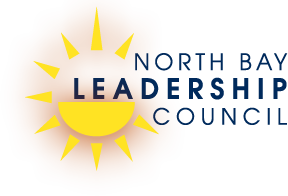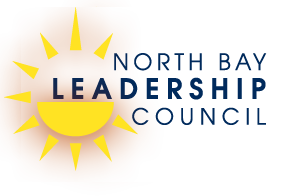Bank of America Making Positive Impacts in the North Bay
Bank of America works tirelessly to strengthen our communities. Here is the latest update on positive impacts their work has brought to the North Bay.
Business outlook remains strong in new data from Bank of America Small Business Owner Report
The survey of more than 1,000 business owners across the country—now in its 10th year—found that business owners are navigating operational challenges including price increases and loss of customers. Despite these difficulties, business outlook remains strong, with 64% anticipating their revenue will increase in the year ahead.
Bank of America Institute reviews the latest on consumer and small business spending, and the decline of the crypto market
The Bank of America Institute releases regular insights. The latest Consumer and Small Business Checkpoints leverage aggregated and anonymized Bank of America data to understand the state of the U.S. Consumer. While inflation is impacting spending activity, wage growth remains strong and consumer balance sheets are in good shape. The Institute’s recent Consumer Morsel: Tales from the Crypto explores U.S. consumers’ appetite for crypto given the sharp declines in the prices.
U.S. minimum hourly wage increase to $22 in our next step toward $25 by 2025
We recently announced that we are again accelerating our path forward on our U.S. minimum hourly wage for employees. We moved to $22 in June, ahead of schedule, and further on our stated path to $25 by 2025. This move builds on our history of being a national leader in establishing a minimum rate of pay for U.S. hourly employees. In the last five years, we have raised the minimum hourly wage to $15 in 2017; to $17 in 2019; to $20 in 2020 — and to $21 in October 2021. The latest increase will increase annualized salary for full-time employees to more than $45,000. Here in the North Bay, note we already pay over $24/hour minimum wage.
Our ongoing work to invest in and support women business owners
Since its launch in 2018, the Bank of America Institute for Women’s Entrepreneurship at Cornell has enrolled 50,000 individuals from the U.S. and 120 additional countries, primarily women, of whom 90% identify as women of color. Due to the program’s success, we have added 50,000 seats – bringing the total enrollment of small business owners to 100,000 – enabling women entrepreneurs, specifically women entrepreneurs of color, to gain critical business acumen to drive their businesses forward. Our commitment also includes the Bank of America Access to Capital Directory, which provides women-owned businesses with a significant resource to help them understand the capital landscape.
Collaboration between leading health organizations aims to improve health outcomes in communities of color
Bank of America, along with leading public health organizations – the American Heart Association, the American Diabetes Association, the American Cancer Society and the University of Michigan School of Public Health – announced the launch of a signature initiative to advance health outcomes for Black, Hispanic/Latino, Asian American and Native American communities. This $25 million, four-year initiative is initially launching in 11 cities. We also committed $40 million in low-cost, long-term capital to finance the development and expansion of community health care centers and other primary care facilities in medically underserved communities across the United States. Bank of America will partner with non-profit community development financial institutions (CDFIs) to distribute the funding. We are the largest private investor in CDFIs in the U.S., with a portfolio of loans, deposits and investments exceeding $2 billion. Locally, we support health initiatives at Santa Rosa Community Health, Mentis, and Community Health Initiative Napa.
Supporting the local community
We’re committed to keeping our community healthy, strong, and connected. Recently named the World’s Best Bank for 2022 by Euromoney magazine, we continue to invest in our community, including supporting Agricultural Institute of Marin’s Bounty Box program so that they can continue to deliver CSA boxes from local farmers in the Canal neighborhood of San Rafael through the end of the year.

